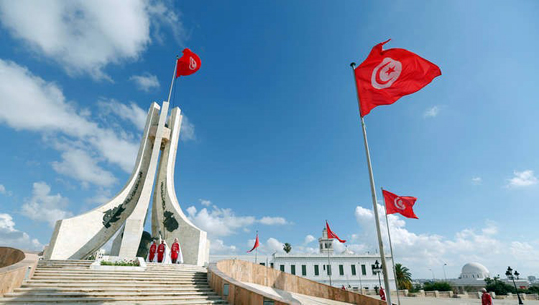The National Institute of Statistics in Tunis, revealed that the rate of the economic growth in 2018 rose to 2.5 percent from 1.9 percent in 2017. The rate was lower than the Tunisian government's forecast, which overbalanced the expectation while preparing the state budget last year, and predicted at least 3% of economic growth.
Several factors contributed to reducing the chances of the economic growth in Tunisia in 2018, notably the deterioration of the value of the local currency and recording deficit on the balance of trade, in addition to the decline in foreign exchange reserves and the weak exports, especially of the strategical "phosphate" exports.
The World Bank predicted that Tunisia's economy would grow by 2.7 per cent in 2018 and would grow at a higher pace this year to reach 3.3 per cent and maintain the same ratio in 2020.
The Tunisian authorities are working to ensure balanced development in a number of poor areas with unemployment rates of up to 30 per cent of the active population, twice the unemployment rate at the national level. However, the vulnerability of self-resources has led to dependence on a range of external financial loans which have weighed heavily on the local economy to provide funding for government wage allocations that experts see as overshadowing development spending priorities.
Source (Asharq Al-Awsat newspaper, Edited)

